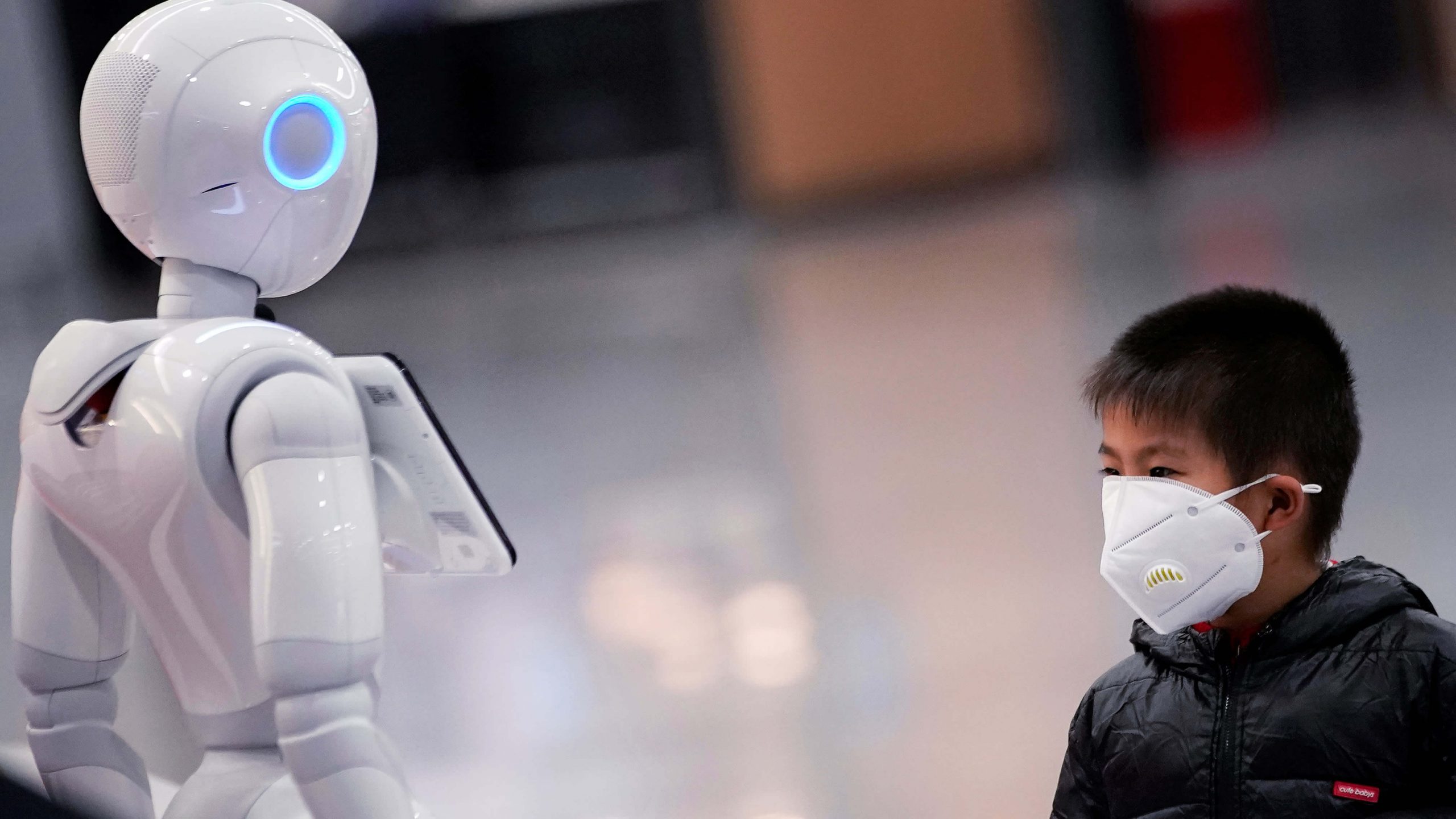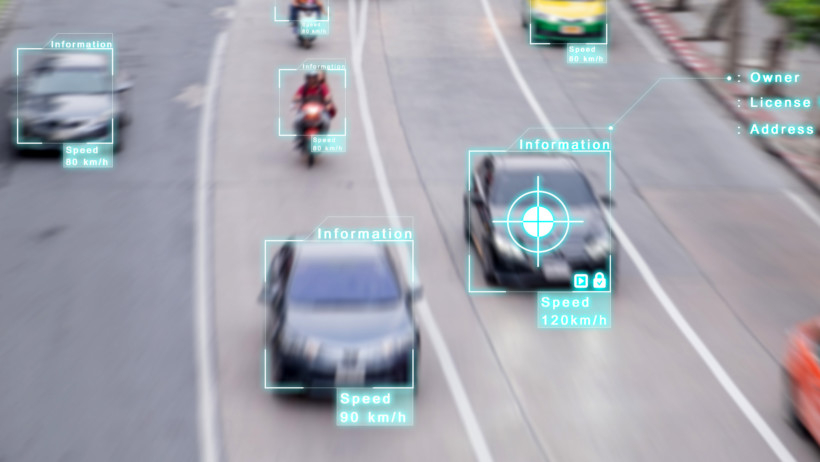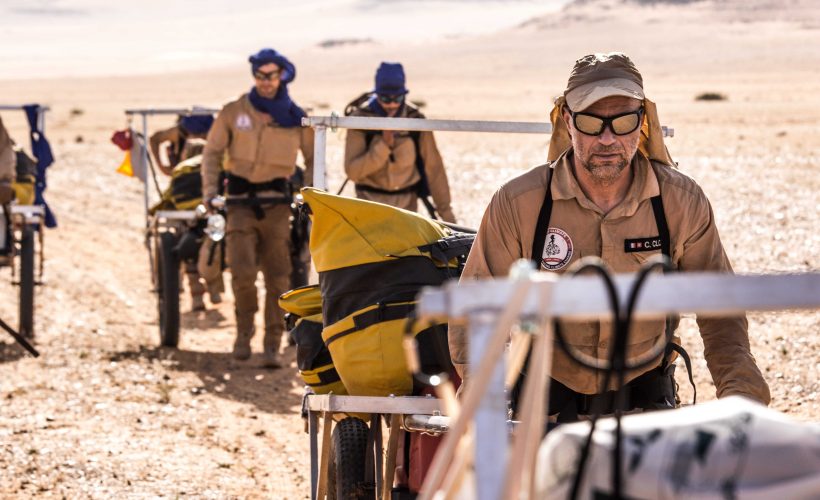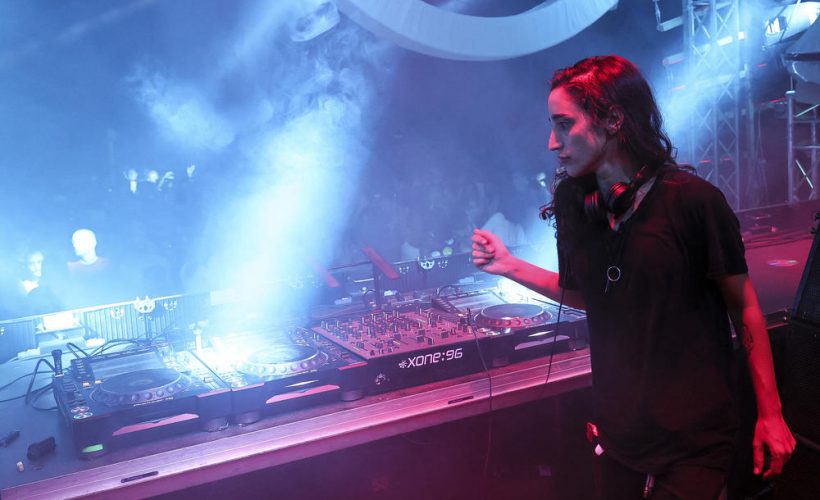Tech & Business
4.30.2020
Countries in the Arab World using IA to fight off Covid-19

Previously maligned, robots are proving their place within our society, as they join the front lines in fighting off the tenacious coronavirus, increasingly allowing for human lives to retreat back into safety. Here are a number of nations across MENA which are turning to artificial intelligence as a temporary recourse for diagnosis and treatment until a cure is found.
Saudi Arabia
The King Abdullah Medical Complex in Jeddah recently introduced a robot into the hospital to help the staff treat patients infected with COVID-19.
The robot’s high definition cameras precisely examine and diagnose patients that are either confirmed or suspected of coronavirus infection. Beyond the medical consultations, the walking and talking machine also reads vital signs, snaps radiographic images, and keeps track of each patient’s treatment, then accessible from any location through a smartphone.

Another task that’s been handed over to the artificial intelligence tool is sterilization. Before the machine leaves an infected patient’s room, it conducts an in depth sterilization procedure to prepare for a moment in which a human medic does have to enter the room for further tests and assistance.
Tunisia
“Students, teachers and hospital medics have designed a [respirator] prototype that works,” says Aref Meddeb, the Director of the engineering school of Sousse, south of Tunis. “It’s the first time this machine has been made in Tunisia. It proves that there is real potential here.”
His students designed an oxygen therapy machine, engineered through artificial intelligence. A model that will then be manufactured locally, at the request of the government.
Other Tunisian researchers have developed a simplified respirator design made of 3D printable components and easy-to-buy items. The easy-access design could serve as a blueprint for other countries in shortage of medical equipment to manufacture it themselves.
“We use all that is available in ‘open source.’ This crisis is showing us that we can be more autonomous,” points out Khalil Allouch, an engineering student involved in another local respirator project.

At Ariana’s Mami Hospital, near Tunis, the entrance to the intensive care unit is reserved for Covid-19 patients.
Regarding diagnosis, an artificial intelligence tool also developed in a Tunisian engineering school is currently undergoing a governmental validation process. It’s purpose? To instantly measure a person’s probability of coronavirus infection from lung scans. If approved, it could be of great use in marginalized communities, lacking medical facilities capable of conducting blood work tests.
United Arab Emirates

The Emirati government, in addition to other previously established robotic efforts, has started using artificial intelligence to limit the movement of residents, mainly by monitoring permits required by residents leaving their homes in the region’s business hub, Dubai.
Law enforcement officials are utilizing a program called ‘Oyoon’ which uses a network of cameras with facial, voice and license plate recognition to enforce the necessary confinement measures. The information is forwarded to a larger database to then be cross-referenced to determine, for example, if a resident is employed in a vital sector or in possession of a valid permit to be outside.
Bahrain

Using an application called ‘BeAware’ Bahrainis can easily track their proximity to someone who has the virus. The artificial intelligence tool collects and gathers an extensive list of data to make the alerts as accurate and instant as possible, in hopes of limiting the diffusion of Covid-19 cases throughout the Gulf country.
“BeAware registration is mandatory for those in quarantine, while non-quarantined cases may choose to register,” Mohammed Ali AlQaed, chief executive of Information & eGovernment Authority in Bahrain told the American news outlet CNBC.

We have yet to find a cure for the virus itself but the recourse of artificial intelligence has shown to be a great help to medical staff around the world and grows indisputably beneficial to keep civilians safe.
popular

